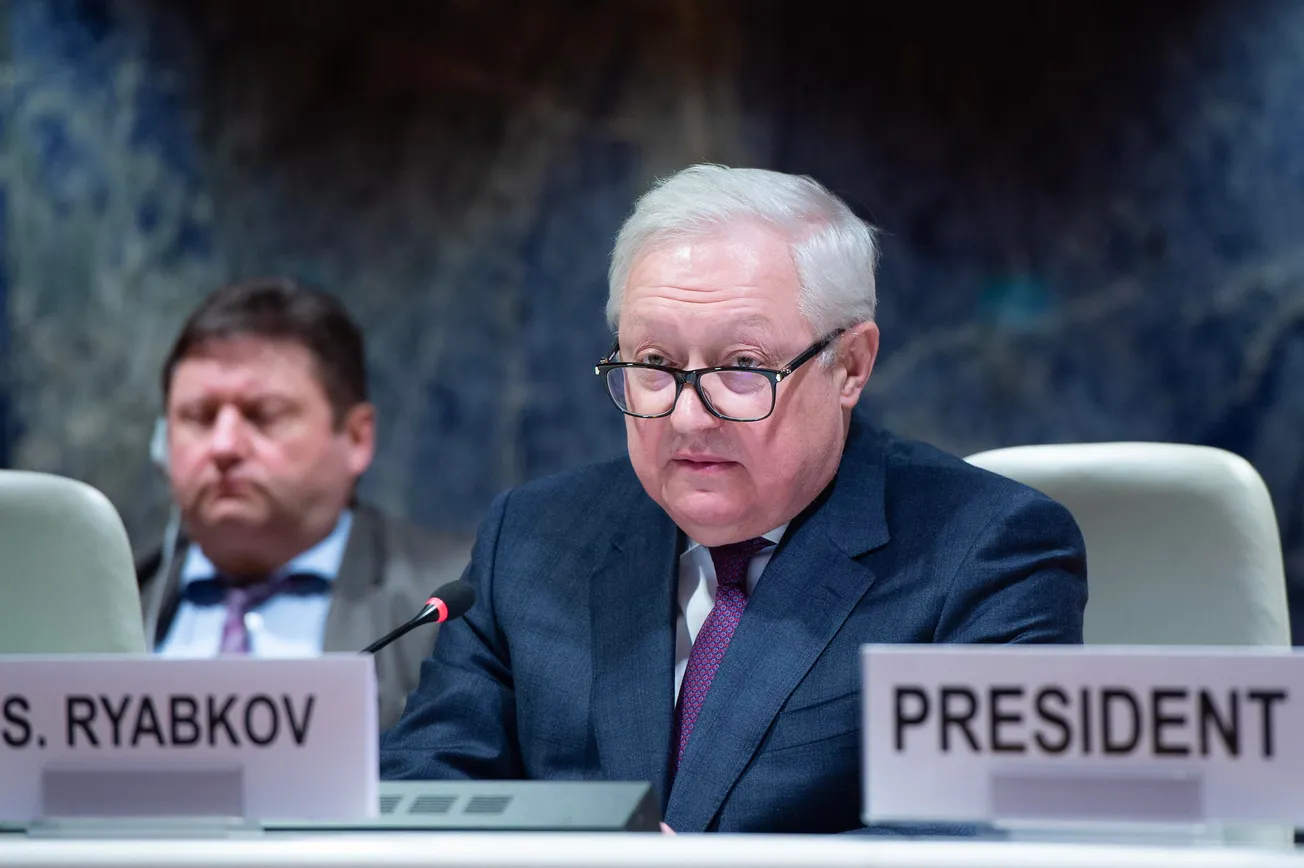In an interview with Preußische Allgemeine Zeitung yesterday, senior German war critic Gen. Harald Kujat (ret.) warns again against the pursuit of continuing, and even deepening military support for Ukraine. Instead, he called for diplomacy along the lines of the Chinese proposal, noting that Putin also endorsed it, during his May 16-17 trip to Beijing.
“As previous Western deliveries of weapons systems and ammunition have failed to improve the situation in Ukraine and have not been able to make up for the shortfall in trained soldiers,” Kujat says, “Ukraine recently called on the United States and other NATO states to train around 150,000 Ukrainian recruits in the immediate vicinity of the front line. Ukraine is also demanding information from the U.S.A about targets in Russia and permission to engage them with long-range American weapons systems.”
“It is not yet certain how Ukraine’s request will be decided. On the one hand, the government in Washington says that the request will be ‘taken into consideration.’ On the other hand, the White House spokesman stated that the United States still ‘does not encourage or authorize attacks on Russian territory with weapons provided by the United States.’ President Biden had so far steadfastly maintained that he would not deploy U.S. troops in Ukraine and would also not grant permission to attack targets in Russia with American weapons systems in order to, as he put it, ‘avoid World War III.’”
The risks associated with delivery of long-range weapons to Ukraine, Kujat points out, “are demonstrated by a Ukrainian drone attack a few days ago on a Russian early warning radar, which detects intercontinental strategic nuclear missiles at a distance of 6,000 km and is crucial for the initiation of Russian countermeasures. Such attacks irresponsibly jeopardize the strategic nuclear balance between the U.S. and Russia and could have catastrophic consequences.
“A heated debate is currently taking place in the U.S. government on how to respond to the Ukrainian demand. Secretary of State Blinken in particular is pushing for American weapons to be released for the attack on Russia, after returning from his last visit to Kiev around two weeks ago with a very depressing assessment of the situation. Russia, in turn, could interpret the abandonment of the previous U.S. position to mean that President Biden is now prepared to take the risk of a world war…. After all, if the West were to comply with Kiev’s requests, there would be a risk of direct confrontation between NATO soldiers and Russian forces and of the war spreading to the whole of Europe. Even the smallest incident would involve NATO in direct combat operations with Russia.”
Similarly, sending NATO troops into Ukraine implies the threat of direct confrontation with Russian troops and weapons, Kujat adds, noting that “however, those who have so far ruled out the military involvement of their armed forces in the Ukraine war include the German government, as well as the Italian and Hungarian governments. In addition, the number of countries within the Alliance that do not agree with the current course seems to be growing. Czech President Petr Pavel, a former chairman of the NATO Military Committee, has also changed his mind and called for realism instead of naivety and suggested a negotiated solution in the form of a compromise.” (General. Kujat himself ended his military career as the NATO Military Committee’s chairman in 2002-2005.)
But “there are already military advisors from several Western countries in Ukraine. Since December last year, U.S. General Aguto has also been in Kiev with a team of advisors to ‘look over the shoulders’ of Ukraine’s military leadership, as they say. Aguto is the head of the U.S. Army’s ‘Security Assistance Group Ukraine’ stationed in Wiesbaden, which coordinates weapons deliveries and the training of Ukrainian soldiers, supports the Ukrainian armed forces in operational planning and provides them with information.
“The fact that Western considerations actually go beyond the deployment of advisors is shown by the statements made by the French Chief of Staff to clarify the preceding statements by his President. He stated that France was in a position to deploy 20,000 soldiers to Ukraine within six weeks and to lead a 60,000-strong multinational contingent in the operation. So it is by no means just a matter of a few advisors and trainers.”




